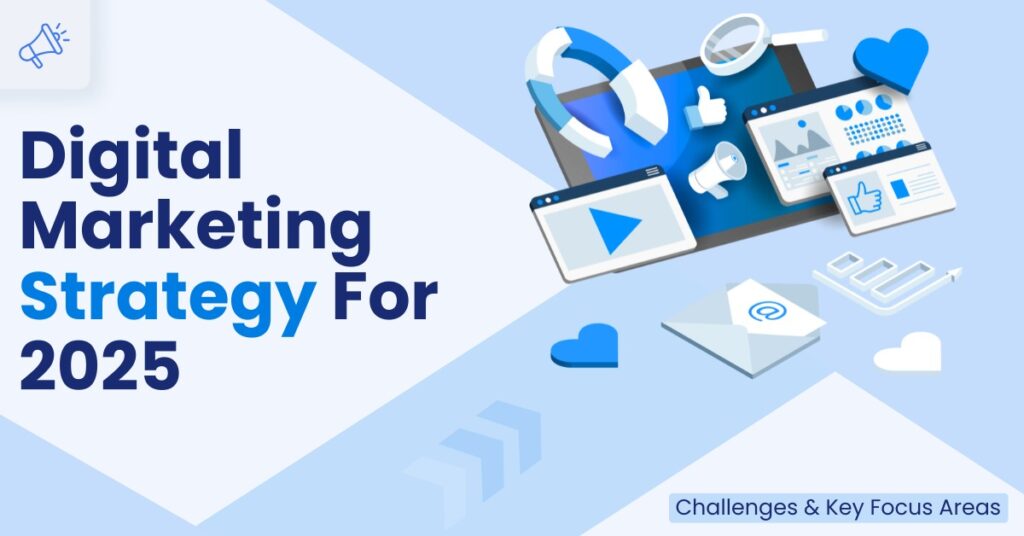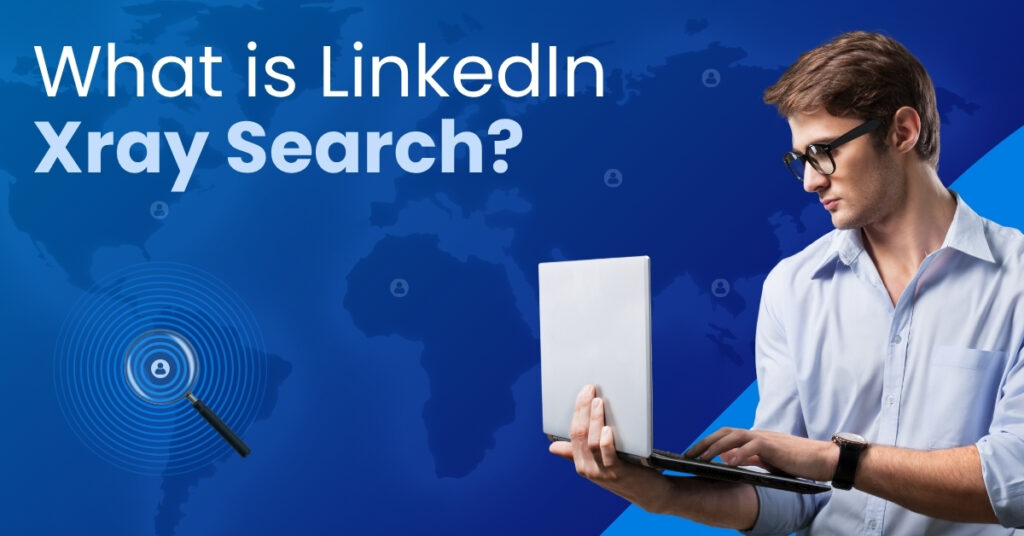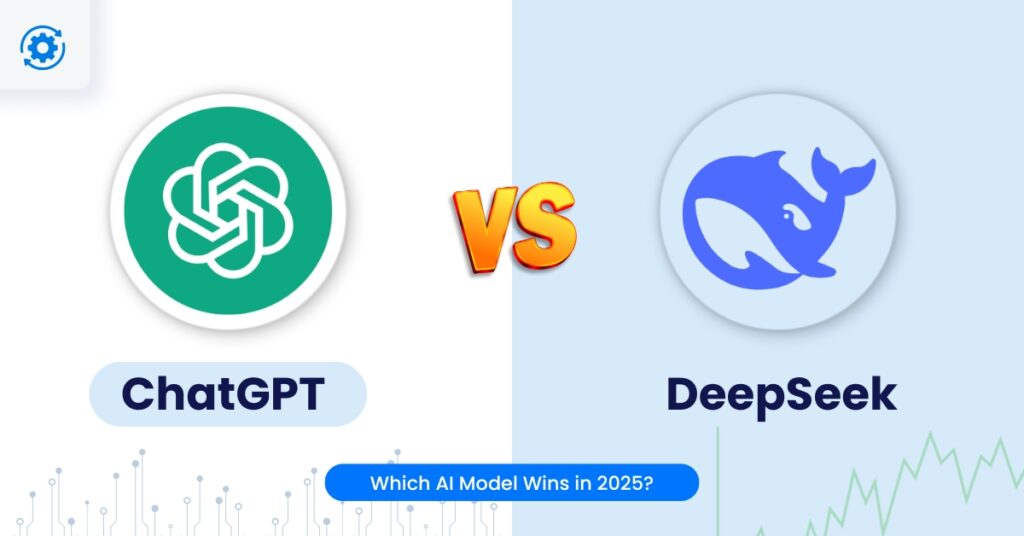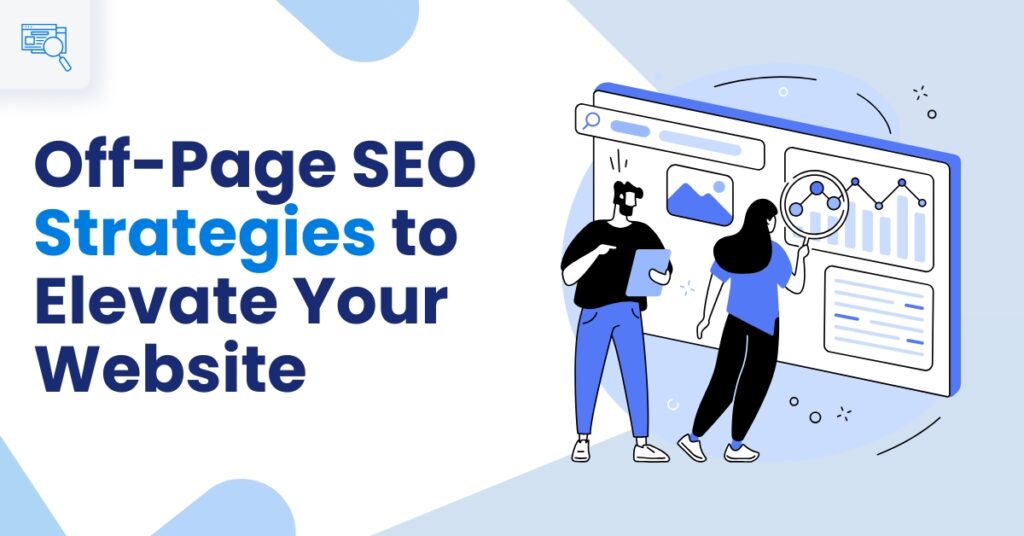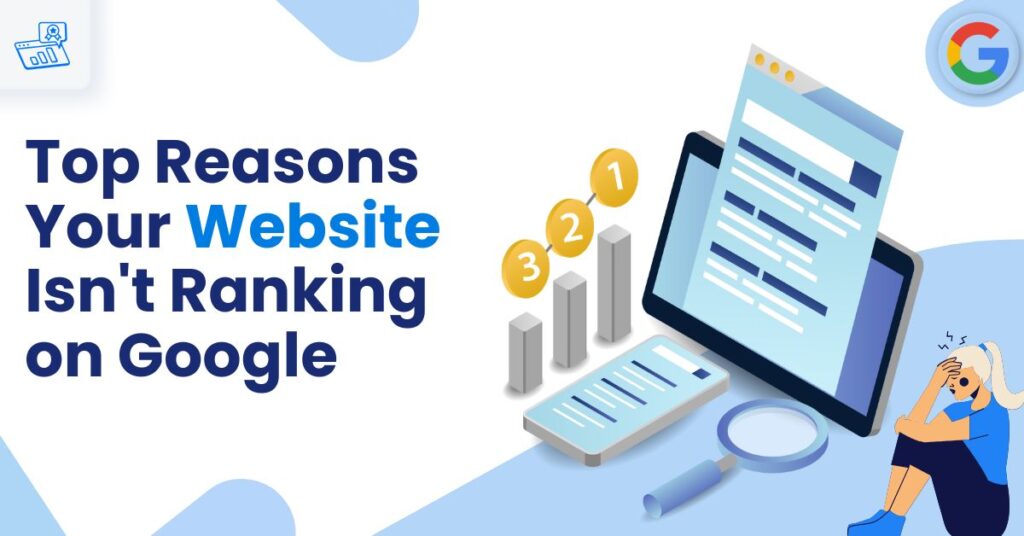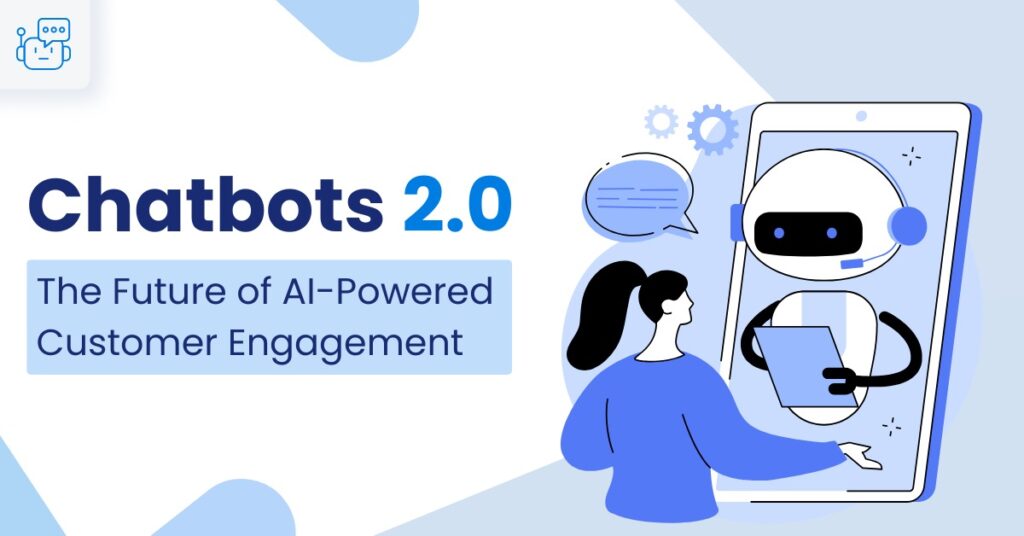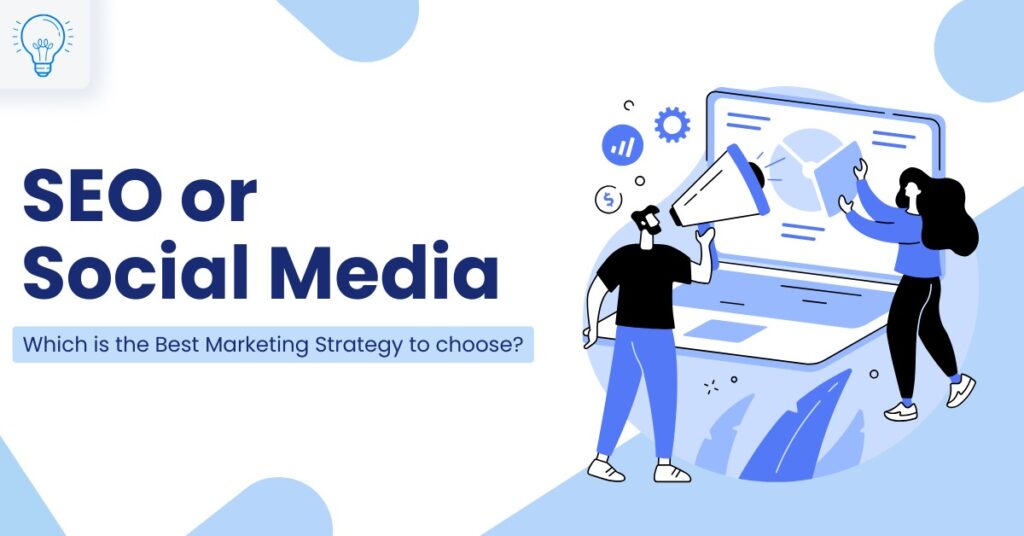Digital marketing has become a cornerstone of business success, bridging the gap between brands and their target audiences. With over 75% of businesses worldwide expected to adopt digital-first marketing strategies by 2025, the need to innovate and adapt has never been more pressing.
However, this evolution comes with its fair share of challenges. From stricter privacy regulations to rising advertising costs and shifting consumer behaviors, businesses must be prepared to navigate a dynamic and competitive digital landscape. Furthermore, the rapid integration of technologies like artificial intelligence (AI), voice search, and advanced analytics requires marketers to remain agile and forward-thinking.
In this blog, we’ll delve into the challenges digital marketers will face in 2025 and highlight the key focus areas to create effective and future-proof marketing strategies.
Challenges Digital Marketers Will Face in 2025
Digital marketing in 2025 will demand a balance between leveraging cutting-edge technologies and staying connected to the human element of brand storytelling. Below are some of the most pressing challenges marketers will encounter:
1. Increasing Privacy Regulations
The era of unrestricted data collection is coming to an end. Governments worldwide are enforcing stricter privacy regulations to protect consumer rights. Laws like the General Data Protection Regulation (GDPR) in Europe and California Consumer Privacy Act (CCPA) in the U.S. are reshaping how brands collect, store, and utilize customer data.
Platforms like Apple and Google have already implemented changes, such as Apple’s App Tracking Transparency (ATT) and Google’s plan to phase out third-party cookies. These shifts make it harder for marketers to track user behavior and personalize campaigns.
How to Adapt:
To overcome this, businesses must adopt zero-party data strategies—collecting information directly from consumers through surveys, preference centers, and subscriptions. Transparency is key. Brands that prioritize ethical data practices, like Apple, position themselves as trustworthy while staying compliant with regulations.
2. Over-reliance on AI and Automation
Artificial intelligence and automation have revolutionized marketing, enabling brands to analyze data, personalize campaigns, and scale operations efficiently. However, excessive reliance on AI can make marketing feel impersonal and robotic, alienating customers who value human connection.
For instance, while AI tools can generate content quickly, overuse can lead to generic messaging that fails to resonate with audiences.
How to Adapt:
The best strategies blend automation with creativity. Companies like Coca-Cola use AI for trend analysis and customer segmentation but ensure their campaigns retain an emotional, human touch. By combining AI insights with authentic storytelling, brands can connect with their audience on a deeper level.
3. Shifting Consumer Expectations
Today’s consumers demand instant, personalized, and seamless experiences. According to Accenture, 91% of consumers are more likely to shop with brands that recognize their preferences and provide relevant recommendations. By 2025, these expectations will only intensify.
How to Adapt:
Marketers must invest in advanced customer behavior analytics to anticipate needs and preferences. Tools like Dynamic Yield and Adobe Experience Cloud help create personalized experiences that build loyalty. Additionally, leveraging omnichannel strategies ensures consistent engagement across platforms, enhancing customer satisfaction.
4. Rising Costs of Digital Advertising
The cost of digital advertising is steadily increasing as competition intensifies. Platforms like Google Ads and Meta (formerly Facebook) dominate the market, but higher prices are making it difficult for small and medium businesses to compete with larger players.
How to Adapt:
Diversification is essential. Businesses should explore emerging platforms like TikTok, Pinterest, and Snapchat, which offer lower-cost alternatives with growing user bases. Partnering with micro-influencers is another effective way to reach niche audiences without exceeding budgets.
5. Frequent Algorithm Updates
Search engines and social media platforms regularly update their algorithms to prioritize user experience. These changes can significantly impact visibility and engagement. For example, Google’s Core Web Vitals update emphasized page speed and mobile-friendliness, causing rankings to shift overnight.
How to Adapt:
Marketers must stay informed about updates and conduct regular SEO audits to align their content with new requirements. Prioritizing high-quality, user-focused content and technical SEO elements like site speed and mobile optimization will ensure long-term success.
6. Rise of Voice and Visual Search
By 2025, 50% of all searches are expected to be conducted through voice assistants like Amazon Alexa and Google Assistant. Similarly, visual search—where users upload images to find similar products—is gaining popularity.
How to Adapt:
Optimizing content for these technologies is crucial. For voice search, marketers should use natural language and focus on answering specific questions. For visual search, high-quality images with detailed metadata improve discoverability.
7. Difficulty in Measuring ROI
Modern marketing campaigns span multiple channels, making it challenging to measure their effectiveness and attribute conversions accurately. Understanding which touchpoints deliver the most value is vital for resource allocation.
How to Adapt:
Advanced analytics tools like Google Analytics 4 (GA4) and Salesforce Marketing Cloud provide deeper insights into customer journeys. By leveraging these platforms, businesses can track performance metrics like customer lifetime value (CLV) and optimize campaigns for better ROI.
Key Focus Areas for Digital Marketing in 2025
1. Enhanced Data Privacy Compliance
With global privacy laws like GDPR and CCPA tightening, businesses must prioritize transparent data usage and secure systems. Using privacy-first strategies builds customer trust while complying with regulations, ensuring legal and ethical marketing practices.
2. AI-Powered Personalization
AI will play a pivotal role in tailoring experiences for users by analyzing behavioral data, predicting preferences, and delivering hyper-personalized content, ads, and product recommendations across all touchpoints.
3. Trust-Building Content
Modern consumers value authenticity. Sharing detailed case studies, customer testimonials, and thought leadership content will establish your brand as a credible source, fostering loyalty and repeat business.
4. Sustainable Marketing Practices
Eco-conscious consumers prefer brands that reflect their values. Highlight sustainable practices in campaigns, reduce the environmental impact of digital activities, and align your messaging with environmental concerns to resonate with your audience.
5. Adapting to Algorithm Updates
Search engines and social platforms constantly evolve, impacting visibility. Staying updated on algorithm changes and focusing on high-quality, user-centric content will safeguard rankings and engagement.
6. Voice and Visual Search Optimization
The popularity of voice assistants and visual platforms requires marketers to optimize for natural language queries and high-quality image content. Structured data, rich snippets, and visual metadata will enhance discoverability.
7. Purpose-Driven Branding
Purpose-driven marketing will dominate in 2025. Align your brand with meaningful social causes to form emotional connections, increase consumer loyalty, and differentiate from competitors in crowded markets.
8. Advanced ROI Measurement and Attribution
With multi-channel campaigns becoming the norm, businesses must adopt advanced tools to track and attribute ROI accurately. AI-driven analytics can connect customer journeys across touchpoints to refine strategies effectively.
9. Omnichannel Marketing
Ensure a seamless brand experience across digital platforms, physical stores, and social media. Consistent messaging and unified experiences will drive customer satisfaction and retention.
10. Interactive and Video Content
Interactive formats like polls, quizzes, live streams, and shoppable videos will drive engagement. Video remains a powerful medium to tell stories, explain complex ideas, and convert viewers into buyers.
11. Conversational Commerce
AI-powered chatbots and messaging platforms like WhatsApp and Messenger will continue shaping shopping experiences. These tools provide instant assistance, personalized product recommendations, and frictionless checkouts.
12. Evolving Buyer Personas
Consumer preferences evolve rapidly. Regularly revisiting buyer personas and analyzing search and social trends ensures campaigns remain relevant, targeting the right audience effectively.
13. Visual Storytelling
Incorporate engaging visuals like infographics, short-form videos, and animation to simplify complex messages and leave a lasting impression on audiences, boosting brand recall and engagement.
14. Leveraging Emerging Technologies
Technologies like AR, VR, and blockchain will revolutionize user experiences. AR and VR create immersive campaigns, while blockchain ensures secure, transparent advertising transactions, enhancing consumer trust.
Why Does Your Business Need a Personalized Digital Marketing Strategy?
1. Cater to Individual Preferences
In an era where consumers are inundated with generic marketing messages, personalization sets your business apart. By using customer data such as purchase history, browsing behavior, and preferences, brands can create tailored experiences that resonate on an individual level. For example, sending curated product recommendations based on previous purchases not only enhances engagement but also builds trust with your audience.
2. Boost Conversion Rates
Personalization has a direct impact on conversion rates. A study by Epsilon revealed that personalized email campaigns achieve 29% higher open rates and 41% higher click-through rates. Tailoring your content to address specific pain points or offer solutions that align with a customer’s needs significantly increases the likelihood of conversions.
3. Build Long-Lasting Relationships
Personalized interactions foster emotional connections with customers. When consumers feel valued and understood, they are more likely to remain loyal to your brand. Loyalty programs that reward repeat customers based on their shopping habits, for instance, reinforce these relationships and ensure long-term retention.
4. Stand Out in a Crowded Market
With countless brands vying for consumer attention, personalization acts as a powerful differentiator. Companies like Netflix and Spotify have thrived by leveraging algorithms to deliver highly customized recommendations, setting themselves apart as leaders in their industries. By adopting a similar approach, your business can stay ahead of competitors and make a lasting impression.
5. Adapt to the Cookieless Future
As third-party cookies phase out, first-party data collection becomes crucial. Personalized strategies based on this data, such as loyalty programs and exclusive offers, enable businesses to maintain targeted campaigns without relying on external tracking. This not only ensures compliance with privacy regulations but also builds credibility with consumers.
Building a Winning Strategy for 2025
1. Assess Your Current Strategy
Start by conducting a comprehensive audit of your current digital marketing strategy. Identify which channels, campaigns, and tools are delivering results and which ones are falling short. For example, if your email campaigns show declining open rates, it might indicate the need for better segmentation or fresh content ideas. Align your findings with the latest trends, such as AI-driven personalization or voice search optimization, to future-proof your strategy.
2. Invest in the Right Tools
Technology is the backbone of successful digital marketing. Invest in robust CRM platforms like Salesforce or HubSpot to manage customer interactions efficiently. Automation tools such as Marketo or Mailchimp can streamline repetitive tasks like email marketing, while data analytics platforms like Google Analytics or Tableau offer insights to refine your campaigns. Prioritize tools that integrate seamlessly across channels to ensure a cohesive marketing approach.
3. Embrace Agile Marketing
The fast-paced digital landscape requires businesses to be agile. Implement agile marketing methodologies that focus on iterative improvements and quick decision-making. For instance, testing multiple ad creatives simultaneously allows you to determine which one resonates best with your audience. Agile practices enable you to adapt quickly to algorithm updates, market shifts, or consumer behavior changes, ensuring your campaigns remain relevant and effective.
4. Hire the Right In-House Resources
Building a skilled in-house team is essential for executing a winning strategy. Look for professionals with expertise in areas like SEO, social media management, content creation, and analytics. Encourage ongoing training and certifications to keep your team updated on emerging trends and tools. For example, having a dedicated SEO specialist ensures your website stays optimized for the latest search algorithms, driving consistent traffic and engagement.
5. Monitor and Measure Performance
Success in digital marketing hinges on data-driven insights. Use key performance indicators (KPIs) like conversion rates, customer acquisition costs, and engagement metrics to measure the effectiveness of your campaigns. Tools like SEMrush, Google Analytics, and Hotjar provide valuable data on user behavior, helping you identify areas for improvement. Regularly review your performance metrics and adjust your strategy based on what’s working and what isn’t.
The year 2025 presents a challenging yet exciting frontier for digital marketers. By focusing on privacy compliance, personalization, sustainable practices, and advanced analytics, businesses can overcome hurdles and thrive in a competitive digital landscape.
Adaptability, innovation, and customer-centricity will define the success of digital marketing strategies in 2025. Are you prepared to embrace the future?
Prepare your business for the challenges and opportunities of 2025 with Gravitas, a trusted digital marketing agency in Hyderabad. Let us craft innovative strategies tailored to your needs, ensuring your brand stays ahead in the ever-evolving digital landscape. Contact us today to future-proof your marketing!
Frequently Asked Questions
The biggest challenge in digital marketing for 2025 is navigating increasing privacy regulations while maintaining effective personalization. With stringent laws like GDPR, CCPA, and new updates in global data policies, marketers face difficulty in collecting and leveraging user data responsibly.
Brands will need to pivot towards zero-party data collection, relying on voluntary customer input through surveys, interactive content, and loyalty programs. Adapting to these regulations while delivering personalized experiences is critical for maintaining trust and engagement.
Small businesses can stay competitive by focusing on cost-effective and impactful strategies:
- Leverage Local SEO: Optimizing for local searches ensures visibility in your immediate market.
- Embrace Content Marketing: High-quality blogs, videos, and social posts establish authority and attract organic traffic.
- Use Free or Affordable Tools: Tools like Canva for design, Mailchimp for email marketing, and Google Analytics for tracking results help small businesses manage campaigns efficiently.
- Focus on Social Media: Engage directly with your audience on platforms like Instagram, LinkedIn, and Facebook, using creative, authentic content.
- Collaborate with Niche Influencers: Partner with micro-influencers to reach a targeted audience at a lower cost.
AI is a game-changer in digital marketing, enabling businesses to enhance personalization, streamline operations, and analyze vast amounts of data. Key roles include:
- Customer Insights: AI-powered tools analyze user behavior to predict preferences and trends.
- Chatbots: Improve customer service with 24/7 AI-driven chatbots that resolve queries instantly.
- Content Creation: AI tools like Jasper and ChatGPT help create tailored content efficiently.
- Ad Optimization: Platforms like Google Ads and Meta leverage AI to optimize ad targeting and placements for better ROI.
- Voice and Visual Search: AI enables voice recognition and image-based search, helping brands optimize for multimodal search trends.
Yes, partnering with a digital marketing agency like Gravitas can significantly ease the burden of navigating challenges in 2025. Agencies provide:
- Expertise in Emerging Trends: Professionals stay ahead of algorithm changes, privacy regulations, and AI developments.
- Custom Strategies: Agencies craft personalized plans based on your business needs and goals.
- Access to Advanced Tools: Leverage the latest marketing tools and technologies without additional investment.
- Time and Resource Savings: Agencies handle the complexities of campaigns, freeing up time for business owners to focus on growth.
These challenges require a shift in approach, including:
- Privacy-First Marketing: Transparent data collection methods and consent-driven campaigns.
- Continuous Adaptation: Regular updates to SEO, content, and ad strategies to align with evolving algorithms.
- Budget Optimization: Rising ad costs necessitate smarter spending, such as experimenting with new platforms or organic methods.
- Enhanced Personalization: Despite privacy constraints, brands must innovate with AI and analytics for customized experiences.

